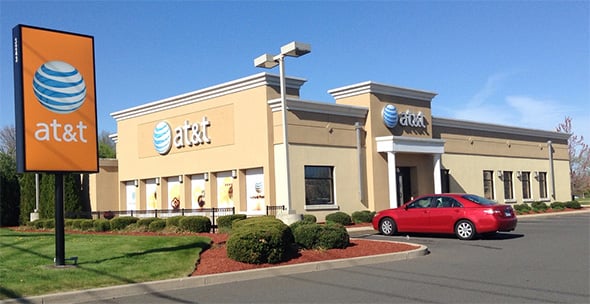Could AT&T’s Acquisition Of DirecTV Limit Consumer Choice Even More?
AT&T last month inked a deal with DirecTV to acquire the satellite TV service provider for around $48.5 million in a cash and stock deal. Now all that waits is regulatory approval, but one thing the suits in charge will have to figure out is what the real cost will be to consumers. One of the concerns is that deal like this could ultimately limit consumer choice.
As far as AT&T is concerned, the deal is a good one for consumers because the combined companies would be able to offer lower prices on satellite TV and broadband Internet service bundles, which would then put the pressure on cable companies to cut their pricing structure, too.
That might be true, but it doesn't apply to consumers who aren't interest in both services. According to The Washington Post, there are "many polls" showing that consumers are trending away from cable and satellite TV subscriptions in favor of streaming media. And if that's the case, AT&T's merger with DirecTV would make it more difficult for them to move away from the bundles they're trying to avoid.
AT&T's other argument in favor of the deal is that it would create a more competitive landscape in what's becoming a consolidated cable market. Comcast, for example, is trying to merge with Time Warner Cable as part of a $45 billion deal that, if it goes through, would create a company that controls nearly a third -- 30 percent -- of the cable market.
As far as AT&T is concerned, the deal is a good one for consumers because the combined companies would be able to offer lower prices on satellite TV and broadband Internet service bundles, which would then put the pressure on cable companies to cut their pricing structure, too.
That might be true, but it doesn't apply to consumers who aren't interest in both services. According to The Washington Post, there are "many polls" showing that consumers are trending away from cable and satellite TV subscriptions in favor of streaming media. And if that's the case, AT&T's merger with DirecTV would make it more difficult for them to move away from the bundles they're trying to avoid.
AT&T's other argument in favor of the deal is that it would create a more competitive landscape in what's becoming a consolidated cable market. Comcast, for example, is trying to merge with Time Warner Cable as part of a $45 billion deal that, if it goes through, would create a company that controls nearly a third -- 30 percent -- of the cable market.


